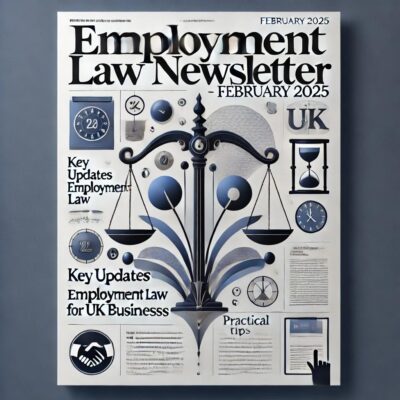Week 10: Why Outsource Your HR? | Consensus HR in Herts & Beds

Welcome to Our 12-Week HR Essentials Blog Series for Business Owners and Managers – Week 10:
At Consensus HR, we know that effective HR management is key to creating a productive, compliant, and supportive workplace. Over the next 12 weeks, we’re providing business owners and managers with practical insights into different aspects of HR—from recruitment and onboarding to performance management, mental health support, and legal compliance.
Each weekly blog offers actionable advice to help you strengthen your HR practices, minimise risks, and support your team’s growth and well-being. Join us on this journey as we explore how thoughtful HR can positively impact your business and create a thriving, engaged team.
Week Ten of Twelve
Week 10: Why Outsource Your HR? The Benefits of HR Support for Small Businesses:
Overview:
For many small businesses, HR outsourcing offers access to professional HR expertise without the cost of hiring a full-time HR team.
Key Points:
- Compliance & Risk Reduction: HR consultants ensure compliance with employment laws, minimising legal risks.
- Cost-Effectiveness: Outsourcing is often more affordable than hiring in-house HR, allowing small businesses to access expert support within budget.
- Access to Expertise: HR firms provide up-to-date knowledge on best practices and legal updates, helping businesses handle HR issues confidently.
At Consensus HR, We’re Here to Help:
Managing HR can feel complex, but you don’t have to navigate it alone. If you have questions about this week’s topic or need tailored HR support for your business, our team is ready to help you create a productive, compliant, and supportive workplace. For more information, visit our website at www.consensushr.com or get in touch with us directly. Let’s work together to make HR a strong asset for your business.
Professional HR Services Tailored to Your Needs
HR Made Simple – Solutions That Work for You
Your Outsourced Human Resources (HR) Department.
For further information on any of the HR subjects we provide, please click the heading below:
























